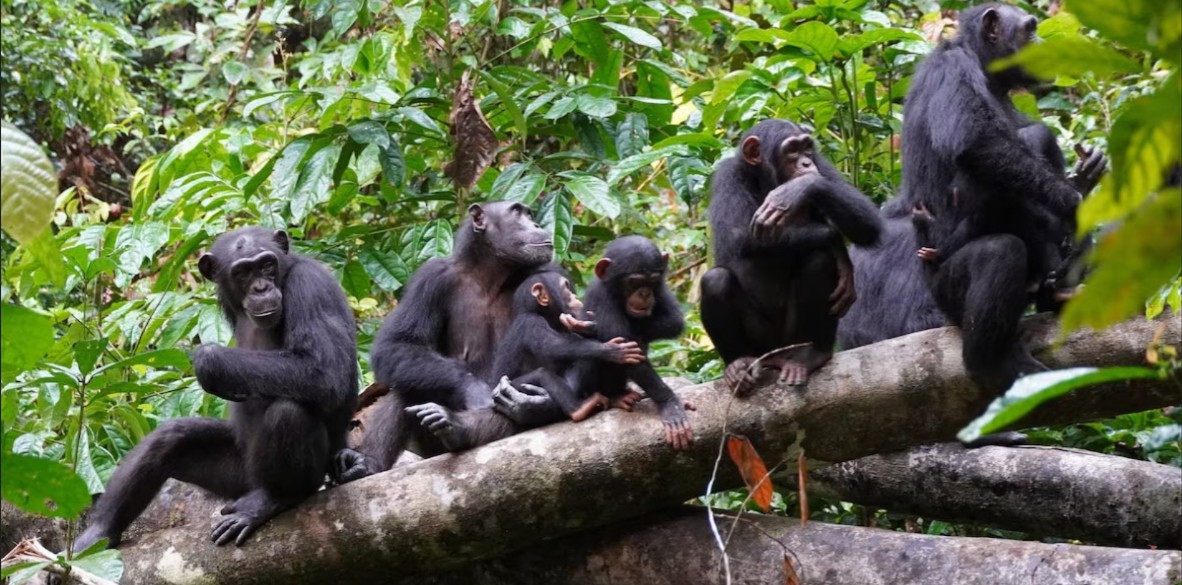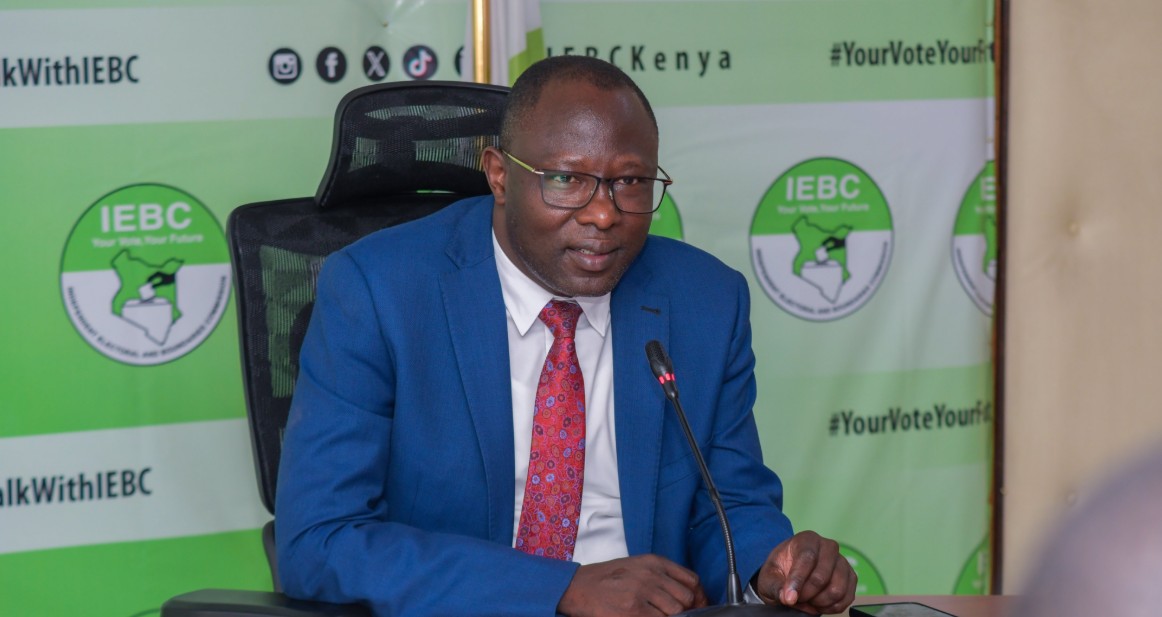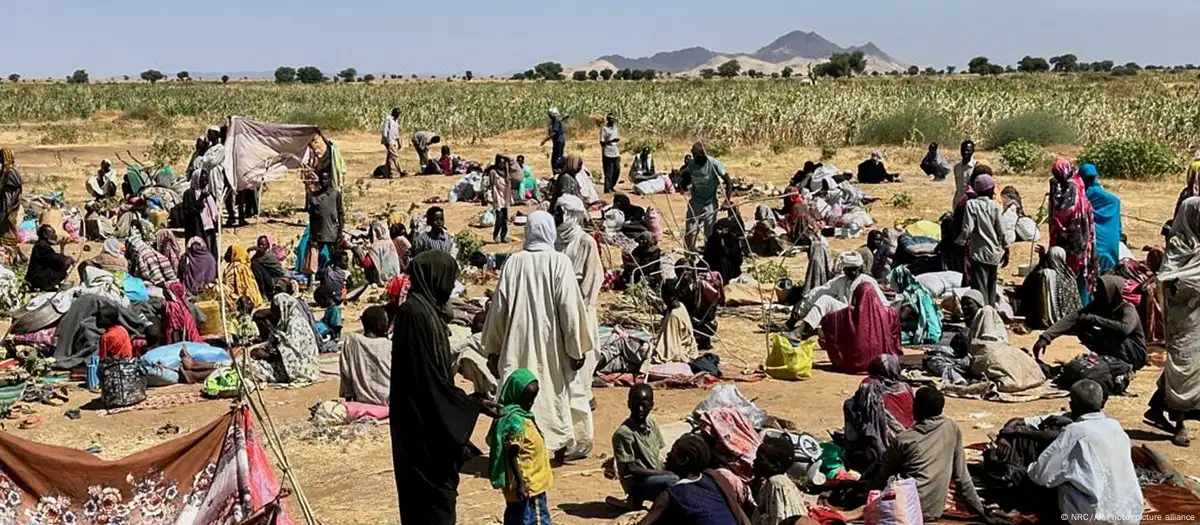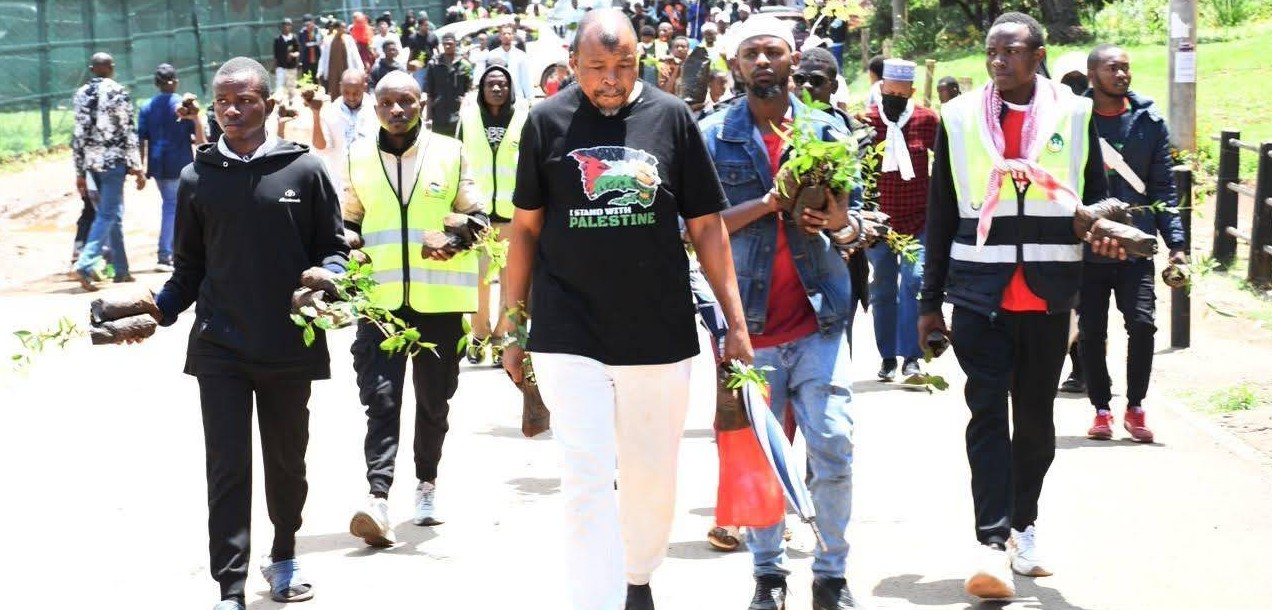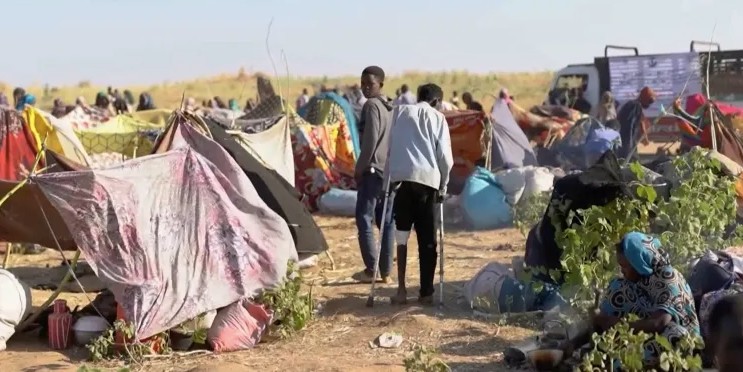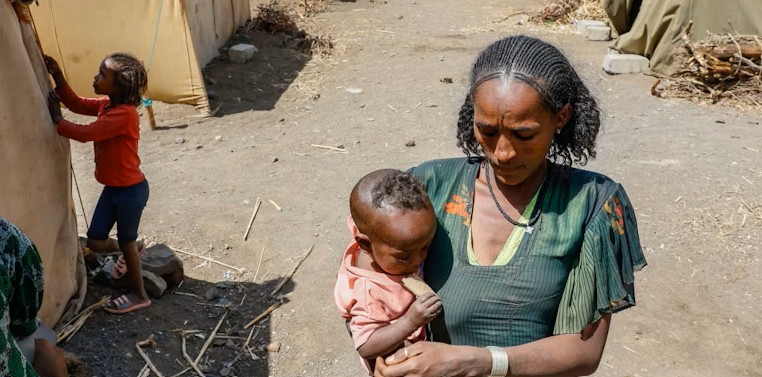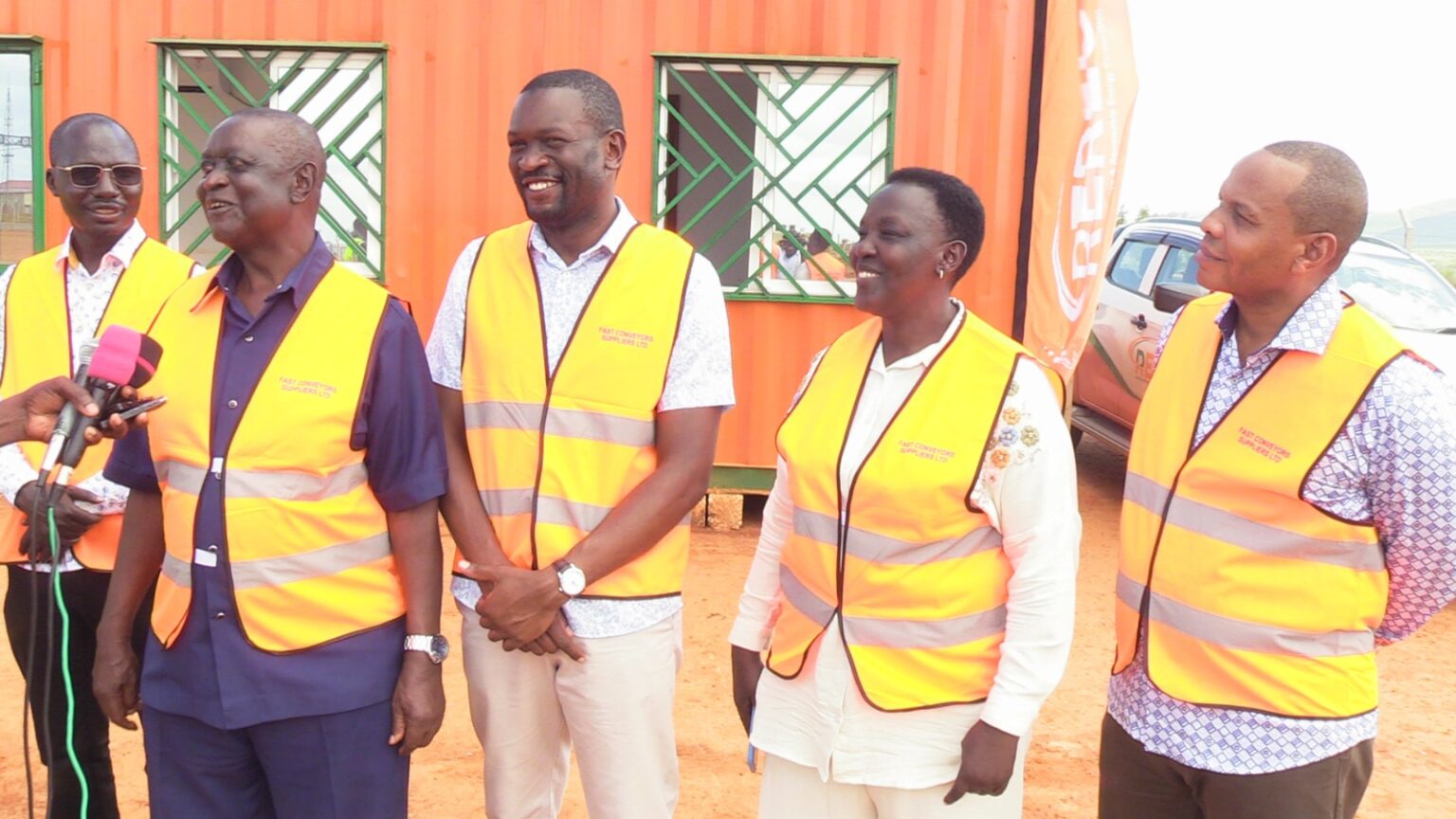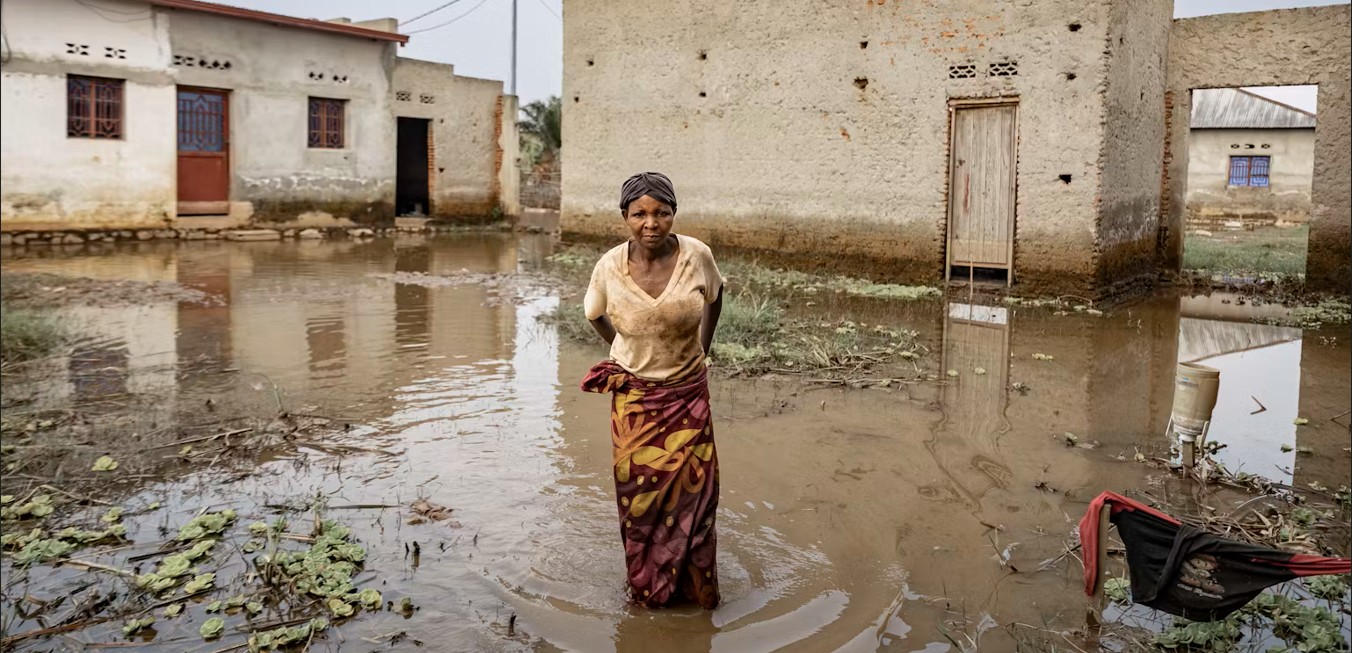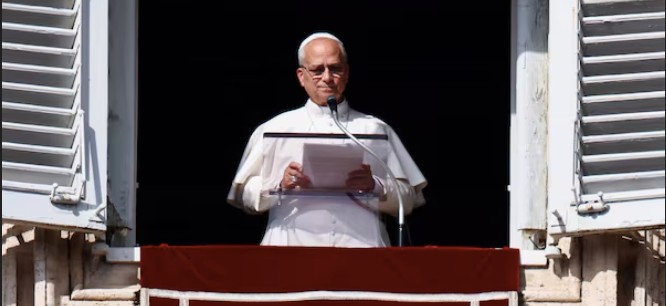UNICEF warns funding shortfall puts millions of vulnerable children globally at risk
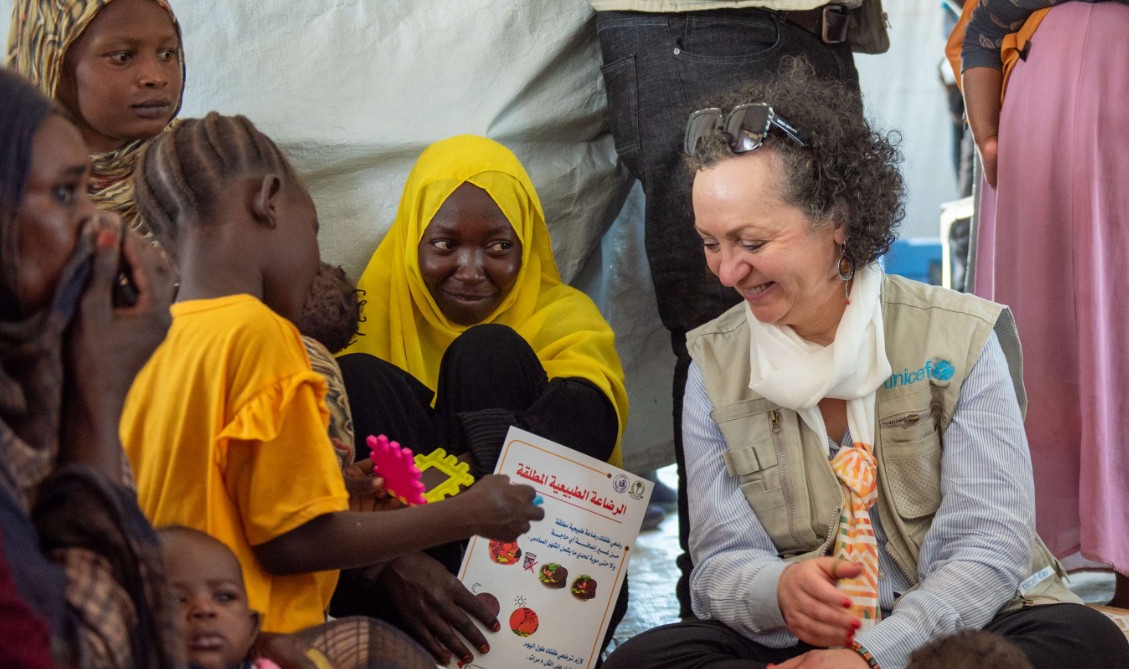
Since 2000, UNICEF’s partnership with donor countries has led to major progress in child welfare, including a 50 per cent reduction in global under-five mortality rates.
Millions of children worldwide, including those in Kenya, face the risk of losing critical support as UNICEF grapples with funding cuts.
UNICEF Executive Director Catherine Russell has warned that reduced contributions from donor countries over the past two years are limiting the organisation’s ability to assist vulnerable children.
More To Read
- Two-thirds of South Sudan’s children trapped in exploitative labour, new report reveals
- Refugee youth rewrite their future through film in Dadaab
- Bold, diverse and unstoppable: Girls speak out amid a world in crisis
- WHO says rebuilding Gaza’s shattered health system critical to a lasting peace
- ‘Unprecedented’ number of children on the run in Haiti
- Over 60,000 children killed or maimed in Israel-Palestine conflict: UNICEF
According to Russell, UNICEF relies entirely on voluntary contributions from governments, private sector partners, and individuals. However, a decline in funding has created a crisis that threatens essential aid programs.
"As needs continue to outpace resources, UNICEF has consistently brought efficiencies and innovations to our work and we have stretched every contribution to reach vulnerable children. But there is no way around it, these new cuts are creating a global funding crisis that will put the lives of millions of additional children at risk," Russell stated.
UNICEF has played a crucial role in saving lives, preventing the spread of infectious diseases, and reducing the risks of instability and violence, especially among children under five.
The organisation is now urging donor countries to maintain their contributions to sustain these efforts.
"UNICEF implores all donors to continue to fund critical aid programs for the world’s children. We cannot fail them now," Russell said.
Since 2000, UNICEF’s partnership with donor countries has led to major progress in child welfare, including a 50 per cent reduction in global under-five mortality rates.
Millions of children have benefited from improved healthcare and protection, offering them a brighter future.
In Kenya, UNICEF supports newborns, children, adolescents, and women, particularly in deprived areas. It ensures children receive education, develop essential skills, and are safeguarded from violence, exploitation, and HIV.
The Kenya programme also addresses cross-cutting issues such as climate change, gender equality, and private-sector partnerships.
Other African countries benefiting from UNICEF’s programmes include Lesotho, Madagascar, Malawi, Mozambique, Namibia, Rwanda, Somalia, South Africa, South Sudan, Tanzania, Uganda and Zambia.
Top Stories Today
